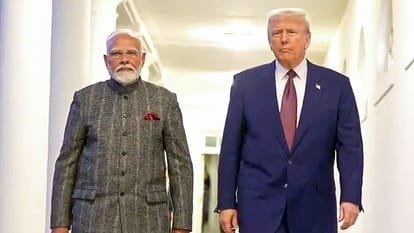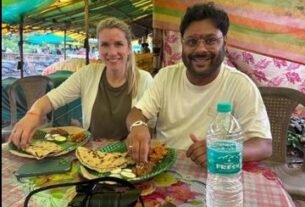Davos, Switzerland. Amid the snow-covered mountains hosting the 56th Annual World Economic Forum, a major development has emerged. US President Donald Trump spoke highly of Indian Prime Minister Narendra Modi, calling him a close and wonderful friend, and expressed confidence that a significant trade agreement between India and the United States will be concluded in the near future.




